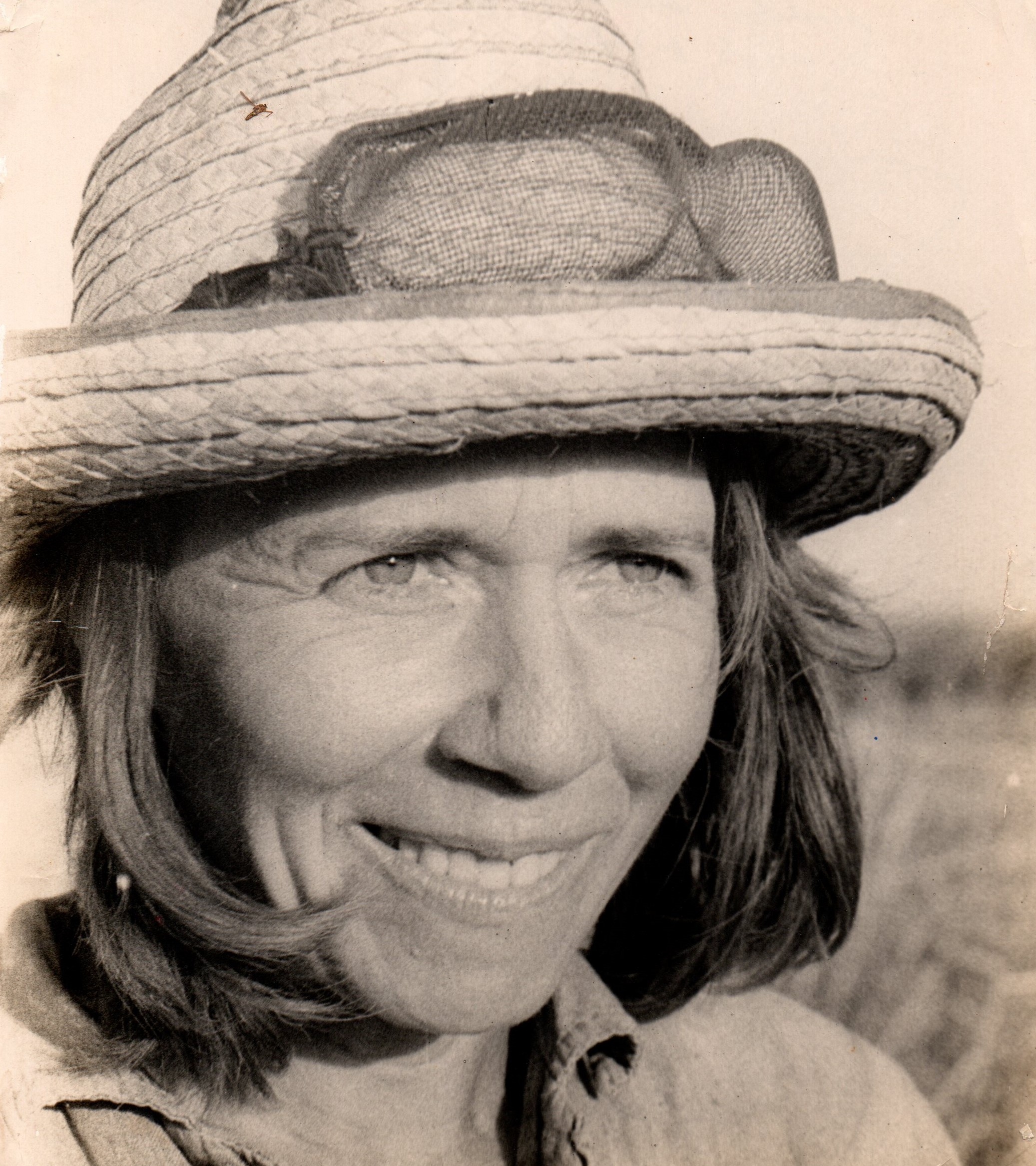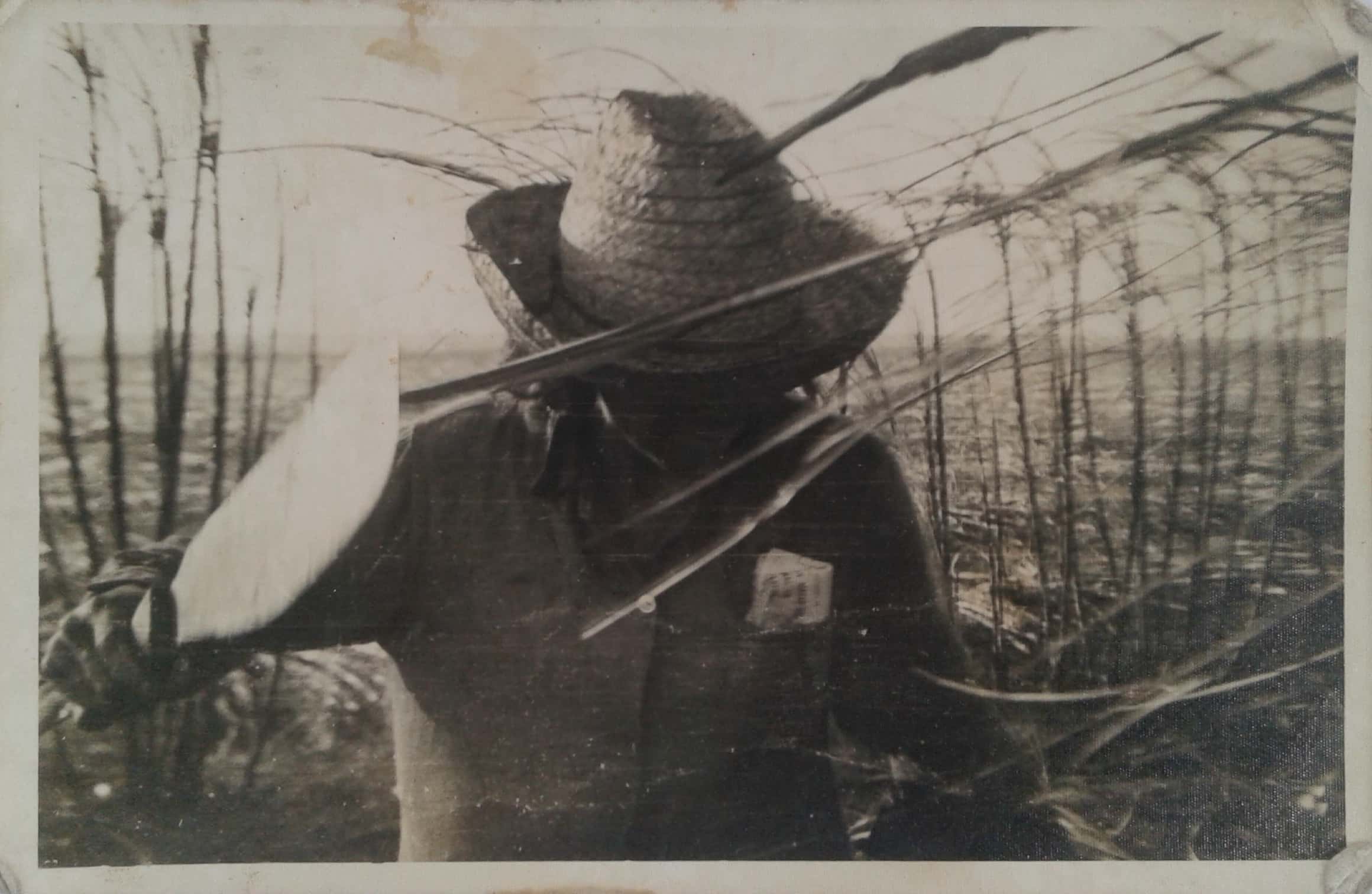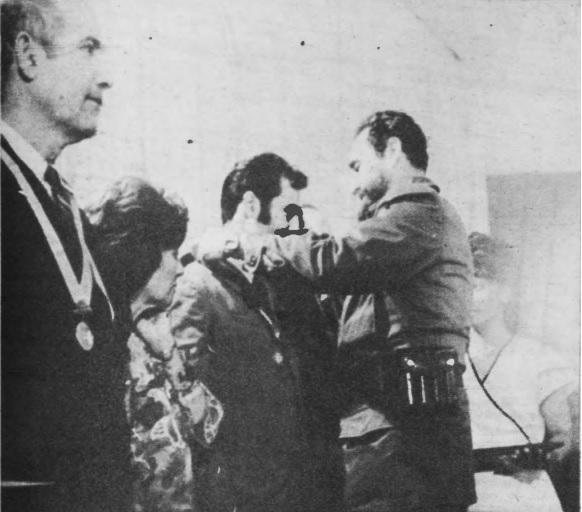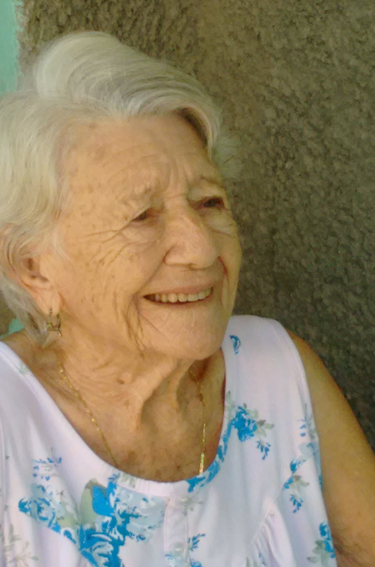
This Monday, October 2, Petronila Alejandrina Almaguer Rojas, the Cuban Queen of the Mocha, Heroine of Labor, and a legend of Las Tunas, passed away in the city of Puerto Padre.
She was born on November 26, 1925 in Redención, Velasco. Her life passed like any other child and young woman of the countryside. As a young girl, she helped her family by washing and ironing clothes. From her marriage to Miguel Carralero Pérez (1914-2009), eight children were born to her. Due to her family's economic situation, she was unable to continue her early studies.
In 1956, she moved to San Miguel Uno, in the municipality of Puerto Padre and while her husband worked in agricultural work, she took care of her children as a housewife and eventually did some chores in the colony of the region and took care of the ranch.
 In 1966, the only work available in the area was in the sugar cane fields and she asked her husband to let her cut sugar cane with him. In the end, she convinced him and so she started working as a day laborer cutting sugarcane. She worked in the '68 harvest as a machete cutter and in '69 she was a cook at the Granja; but when the Ten Million Harvest began, she could not stop her desire to cut cane and she returned to work as a machete cutter. In that struggle, she fulfilled the commitment of 10 thousand arrobas of cut cane.
In 1966, the only work available in the area was in the sugar cane fields and she asked her husband to let her cut sugar cane with him. In the end, she convinced him and so she started working as a day laborer cutting sugarcane. She worked in the '68 harvest as a machete cutter and in '69 she was a cook at the Granja; but when the Ten Million Harvest began, she could not stop her desire to cut cane and she returned to work as a machete cutter. In that struggle, she fulfilled the commitment of 10 thousand arrobas of cut cane.
For a total of 13 consecutive sugarcane harvests, Petra was cutting sugarcane in the areas of the Antonio Guiteras sugar mill, in the Héctor Infante and Jesús Menéndez districts, in the northern massif of the region. In 1975, he finished with 119 thousand arrobas cut.
The 1970s were a prosperous decade for Petra Almaguer, "the cane field was her home and the plantón her recurrence. This woman, as small as the cane itself, cut so much cane, and as sweet and Cuban as the cane itself, that her name still exhales the fragrance of guarapo."
Few were the women who at that time stood out as permanent cane cuters. Petra told many anecdotes to every journalist who interviewed her. She never felt underestimated by the men who worked alongside her. Some women tried to challenge them and she was not afraid.
In addition to her work in the sugar cane fields, she was involved in the tomato harvest in Mayarí, and the cotton and coffee harvests in the Sierra Maestra.
Her last machete strike was in the 1979 harvest. She was cutting in the area of Mesa 3, Puerto Padre when she was told that her husband had fallen ill. Since then she dedicated herself to taking care of him until he died in 2009. For her, he was not only her companion in life "but also the sugarcane fields, because we chopped together for a long time".

In 1981 she moved to Puerto Padre, where she lived until her death. Petra, due to her merits, had the opportunity to participate in important national and international events, to be with Commander in Chief Fidel Castro, and to receive numerous decorations.
 She joined the Party in 1967 and was a member of the Municipal and Provincial Committees of that political organization. She was the founder of the Committees for the Defense of the Revolution and the Federation of Cuban Women. She attended as a delegate to the First Party Congress and the Second Congress of the FMC.
She joined the Party in 1967 and was a member of the Municipal and Provincial Committees of that political organization. She was the founder of the Committees for the Defense of the Revolution and the Federation of Cuban Women. She attended as a delegate to the First Party Congress and the Second Congress of the FMC.
For her results in the "Zafra de los Diez Millones," she was a member of a retinue of 10 cane cutters on a recreational trip to socialist countries and was part of the Cuban delegation that attended the World Conference on Women, held in Mexico in July 1975.
Among the most relevant recognitions she has received are the National Labor Heroine twice (1972 and 1975); the Ana Betancourt Medal (1975) and the XX Anniversary Medal (1975).
When asked what else she would have liked to do in life, she answered: "Life gave me more than I deserve, so I can't ask for anything else. But do you want to know something? I would have liked to be a better mother than I was, and I count myself among the good ones. It hurts me that I was never able to go to see my children at the schools where they were on scholarship, because I cut cane even on Sundays.
"I have the satisfaction that all eight of them turned out good and studious. They gave me 20 grandchildren and 23 great-grandchildren who adore me. I have been retired for years, although I don't stop working so that my body doesn't rust like an old mocha. I am happy to live in my country and to have met Fidel.